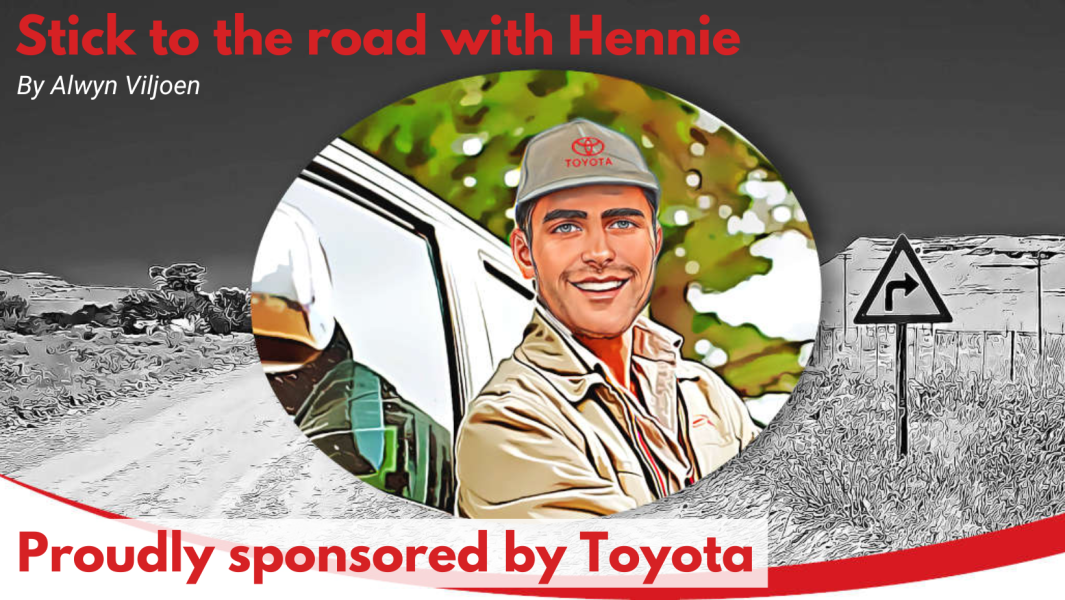Archives
- Home
- News
- Posts
- Agri Business
- Three signs of a scam: How to avoid con artists on the web

At a recent farmers’ day, the talk around the braai was all about the tricks thieves use to con vehicle buyers. This after young Fanele was taught two expensive lessons at the hands of a dealer who had posed as a private seller trying to flog an accident-damaged bakkie.
Fanele’s first lesson was that voetstoots can mean exactly that when he had to push that bakkie. He was now worried that he had no redress against the dealer, as he learned the voetstoots clause governs all private sales.
Snyman, our local gentleman farmer and attorney, told Fanele the voetstoots clause does not protect a seller if it can be shown the seller was aware of latent defects, or had hidden any faults. However, Snyman warned him that South Africa’s courts have also ruled that a buyer must carry out a reasonable examination of the acquisition to identify defects before signing an offer. The fact that the dealer’s representative had posed as a private seller would be enough to nullify the deal, Snyman assured Fanele.
Fanele admitted to not doing his due diligence. That was his second lesson – trust no one.
I told him how I recently received an email informing me that I’d won a quad bike in a business promotion. All I had to do was contact the business via their website to arrange for the payment of ‘on road fees’. The website looked totally legit, even showing the little security lock in the address bar. But I decided to call the company’s head office to check. They confirmed it was a scam and cautioned me not to pay any money.
Snyman said paying a fee of any type before being able to claim a prize is one of the three common warning signs of a scam. The other two involve a price that is way below-going rates – your classic ‘too good to be a true deal – and an insistence that the deal had to happen quickly, for whatever reason.
Then Mbali, our farm administrator, educated a lot of us on the easiest way to avoid being scammed. Since buying her own car, she has become an avid bargain hunter for vehicles for the rest of her extended family.
“Next time,” she told Fanele, “just buy a used car from Automark. Look for the models that come with a complimentary one-year or 50 000km warranty. Also, they have an eleven-point quality check that goes through the entire car, from the spare wheel at the back to the alarm system.”
Alana, who manages 400 sheep and was co-host of the farmers’ day, said there is an app to check the vehicle’s history before buying.
“The police station or municipal office can do these checks. That is if you can find an official who answers the phone,” she said. She added she preferred using the AA’s Auto Facts service, which offers a validation report for R20. But this only gives essential vehicle information, while their verification report for R89 provides a vehicle’s service and maintenance details, police clearance, and any financial information related to the vehicle.
Mbali said First Check, a company affiliated with the TransUnion credit bureau and a Hippo insurance company, offers similar services, charging around R20 for a passenger car’s current market value, or R99 to verify any car’s full history.
But Mbali explained that her research showed none of these services are guaranteed. “One estimate is that some 20 000 stolen cars are cloned to false VIN numbers and plates, and resold each year in South Africa. To avoid buying a cloned car, you can compare the VIN number and plates on the car with the details on the national Traffic Information System, but it’s just easier to let a reputable dealer like Automark do this as part of their business.”

Buy, Sell & Trade Agricultural & Heavy Equipment
Our Facebook Groups
© 2021 All Rights Reserved. AgriOnline Pty Ltd View Our Policies HERE